This isn’t our doing, Scott Morrison tells Beijing about ties
Scott Morrison says Australia has ‘done nothing to injure’ the nation’s partnership with China.
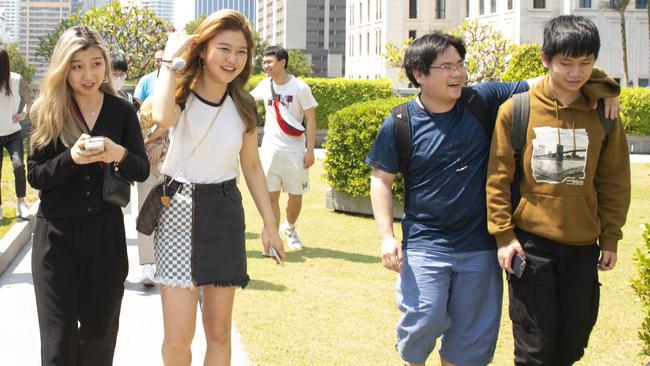
Scott Morrison says Australia has “done nothing to injure” the nation’s partnership with China, effectively pointing the finger at Beijing for the deterioration in the bilateral relationship.
The statement came as Foreign Minister Marise Payne accused Beijing of peddling “disinformation” in warnings to Chinese students and tourists to reconsider their travel to Australia because of alleged racist attacks.
Australia and China signed a “comprehensive strategic partnership” agreement in 2014 reflecting the economic relationship between the countries.
But Chinese government ministers have refused for months to speak to their Australian counterparts, while Mr Morrison has been unable to secure a meeting with Xi Jinping since November 2018.
“Australia has done nothing to injure (the partnership),” Mr Morrison said on Friday.
“What Australia will always do is act in our national interests in accordance with our values.
“And when it comes to our record of multiculturalism, of freedom of religion, of liberty, treating everybody equally – I'm happy to stack Australia's record up all around the world.”
Amid rising tensions, Beijing called on Thursday for Australia to “do some soul-searching” on racism against Chinese students.
Chinese Foreign Ministry spokeswoman Hua Chunying told reporters in Beijing that China’s warnings to Chinese students and tourists of “racist incidents” targeting Asians in Australia were “based on a host of facts”.
“It is a responsible government's due obligation to safeguard the lawful rights and interests of its citizens including students,” she said.
“We advise Australia (to) face up to its problems, do some soul-searching and take concrete measures to protect the safety, rights and interests of Chinese nationals in Australia.”
Senator Payne said the government “absolutely rejected” the Chinese claims.
“We think that is, in fact, disinformation and it contributes to a climate of fear and division at a time, in a pandemic context, when what we need is co-operation and understanding,” she told ABC radio.
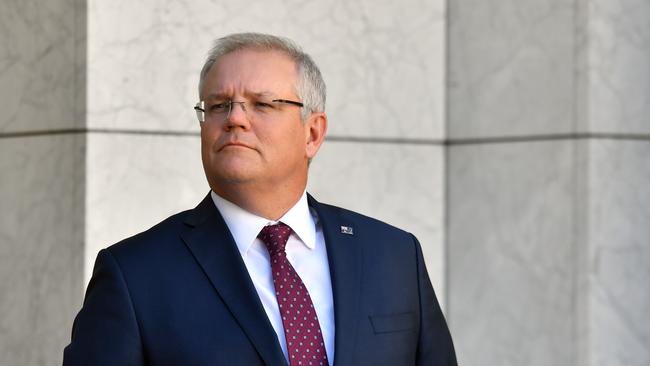
“We are widely and consistently recognised as a safe and welcoming place to visit and study, and once borders are reopened we will welcome all comers with open arms, as we always have.”
Lowy Institute senior fellow Richard McGregor said it was difficult to see how the Australia-China relationship would improve without constructive dialogue.
“It’s not going to be easy for Australia to offer much because China is now in punishment mode. And if a country is exacting, effectively, political sanctions against you, you can’t crawl back to them,” he said.
“We could have had a civil separation, but instead we are having a bitter divorce.”
Australia-China Relations Institute director James Laurenceson said Australia was doing its best to resolve the dispute with China, but Beijing was flexing its muscles.
“Trade threats are being lobbed back in Australia's direction. It’s pretty clear which side isn't living up to the spirit of the comprehensive strategic partnership,” Professor Laurenceson said.
China warned its students this week to reconsider plans to study in Australia due to an increase in racist attacks. It followed similar advice to Chinese tourists. Trade sanctions have also been imposed on Australian beef and barley exports to China.
The treatment follows a warning by Chinese Ambassador Cheng Jingye of consumer boycotts of Australian products and services, in response to the Morrison government’s push for an independent inquiry into the coronavirus.
“The Chinese public is frustrated, dismayed and disappointed with what you are doing now,” the Ambassador told the AFR in April.
More Coverage
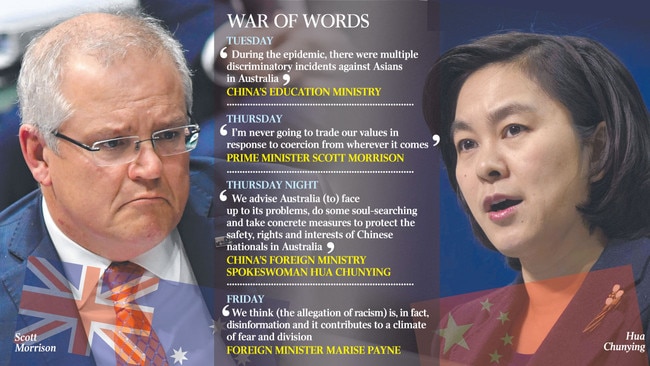


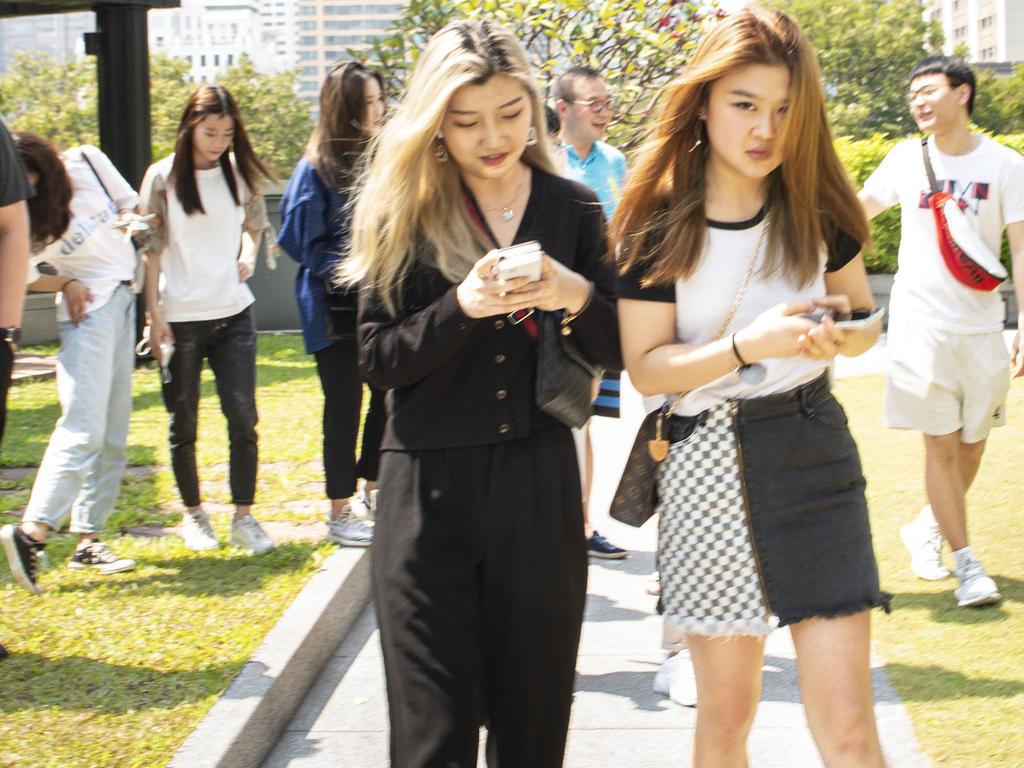

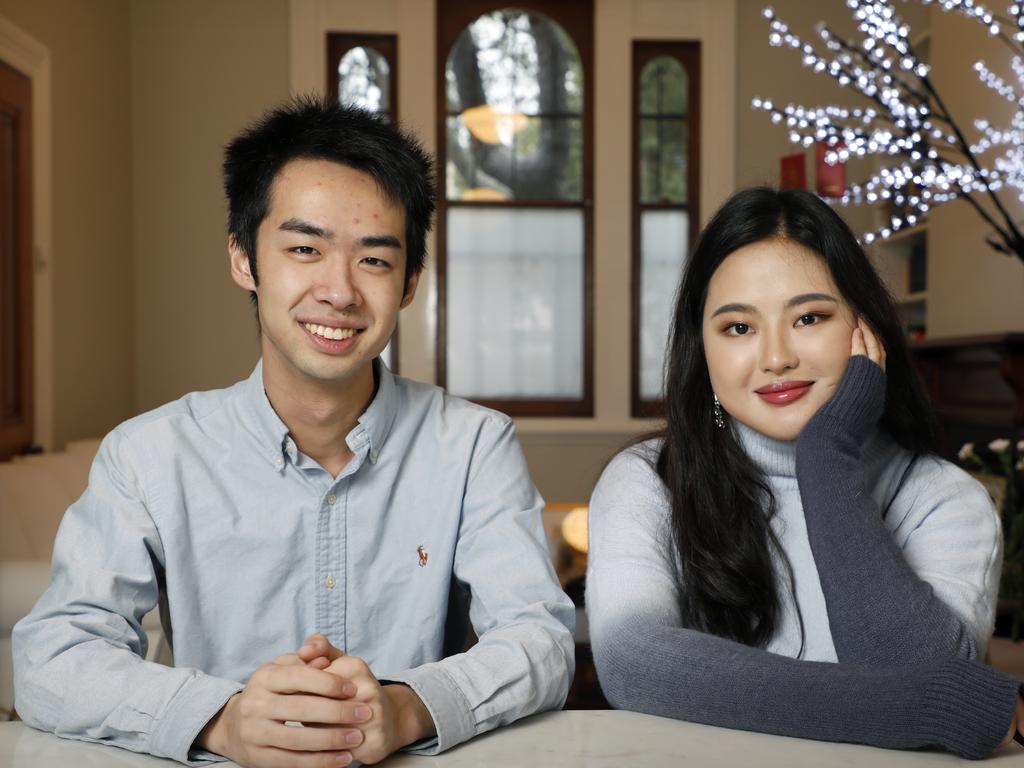
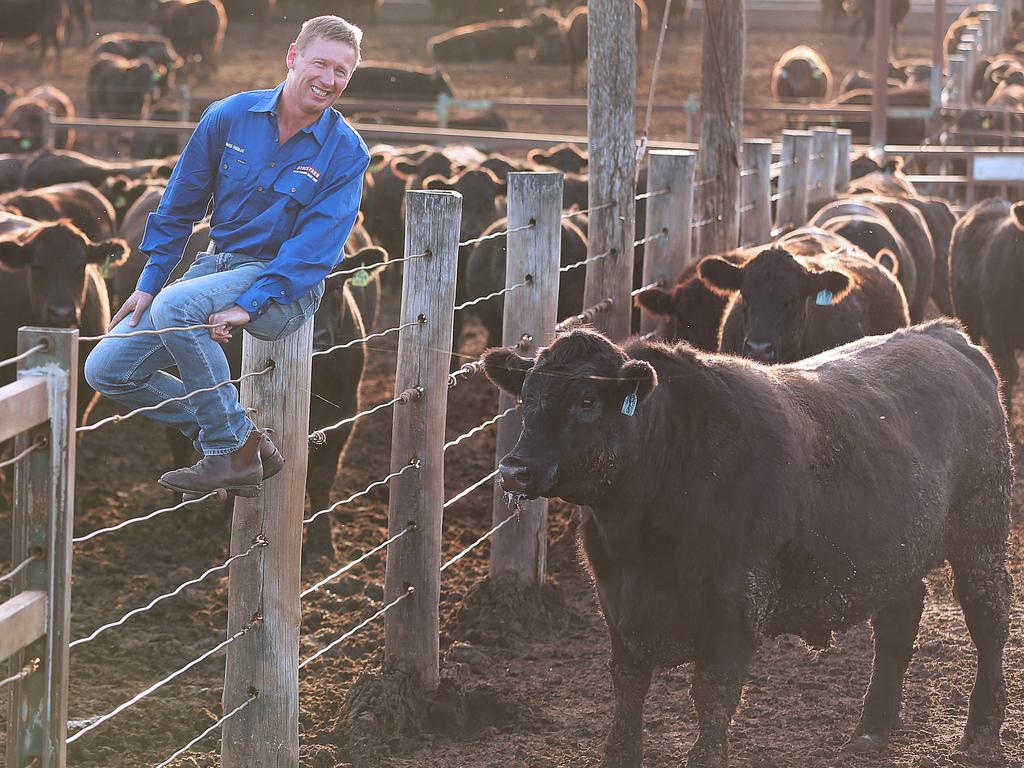


To join the conversation, please log in. Don't have an account? Register
Join the conversation, you are commenting as Logout